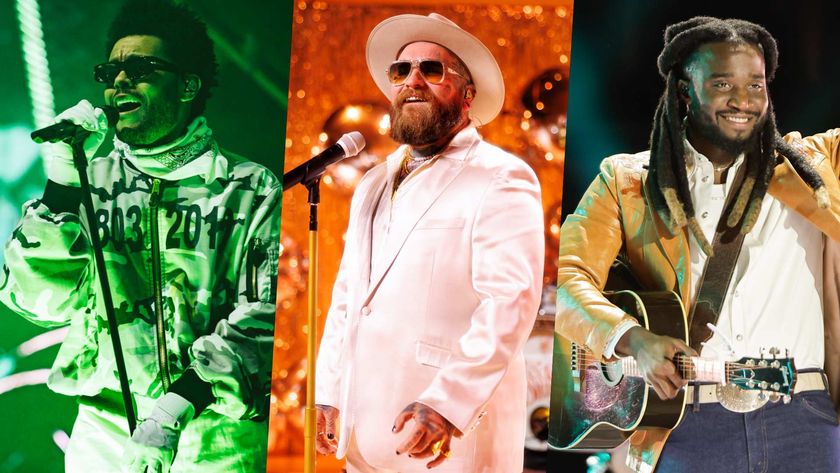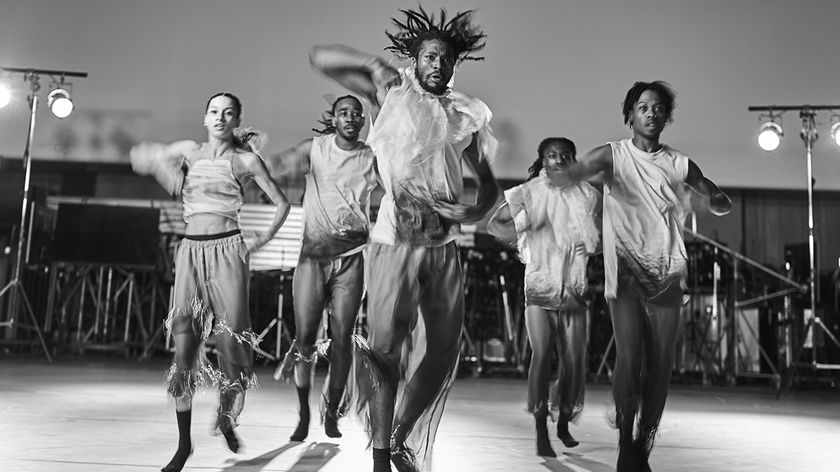Freekbass: “To me, funk is such a universal thing, and it’s such a timeless thing”
We talk to the funk bass supremo
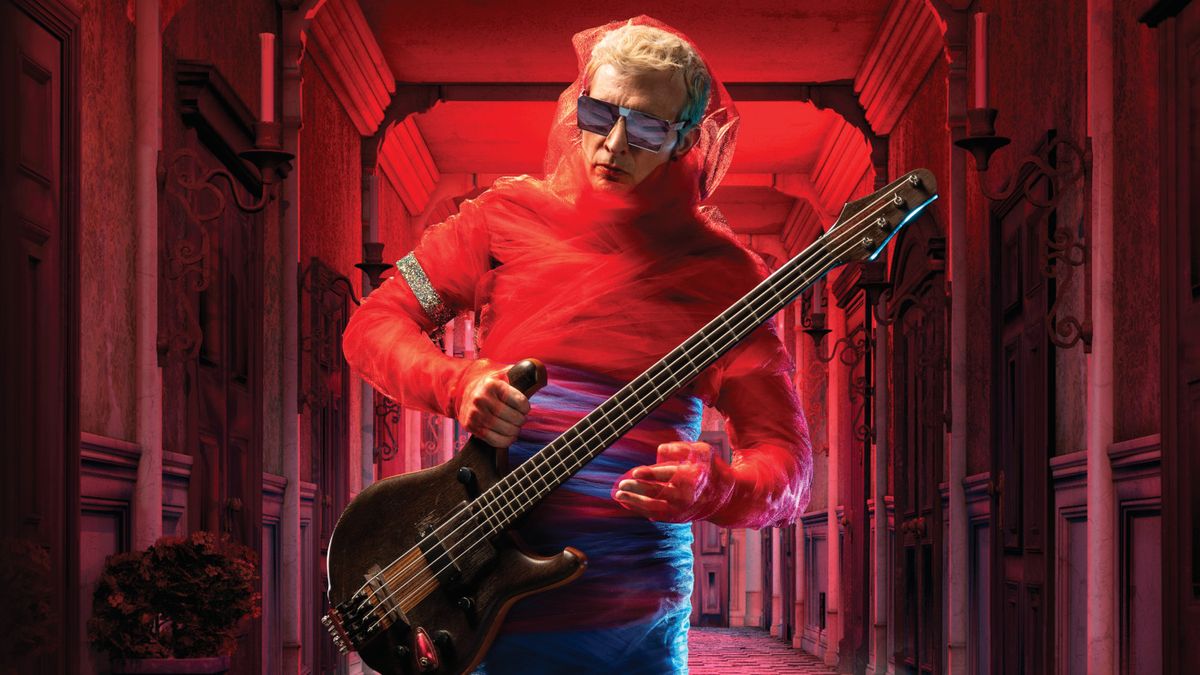
The mighty Chris ‘Freekbass’ Sherman releases his unearthly new album All The Way This. All The Way That this month. Step inside the mind of the funk master!
Your new record sounds killer, Freek.
“Oh, dude, I’m super-excited. Of course, you get excited about every single record, but this one feels different. I feel like it’s the first time where it’s really caught what I do in the live setting on a record - and you know how hard that is.
“A big reason for that is the way we recorded it. For the first side of the album, we wrote it, we rehearsed it, and we did it in one take. If someone messed up in the last 10 seconds, we started over again and we re-tracked it again. There were some vocal overdubs, but 90 per cent of what you’re hearing was all performed live.
“That’s their whole ethic at Color Red. It’s the way they used to do it back at the Motown sessions. And we’re going straight to tape. Not virtual tape or a Pro Tools version of what tape sounds like. We’re literally going to tape.”
Your bass tone is huge.
Another thing I’m excited about this album is that it’s not stuck in one production style or time period
“I appreciate that. I was just setting the mic up by the cab there and letting it do its work. I always wanted to capture the sound on the albums I’m influenced by - a lot of the early Graham Central Station stuff, for example - and I think we got semi-close on this album, which I’m super-excited about. To me, funk is such a universal thing, and it’s such a timeless thing.
Get the MusicRadar Newsletter
Want all the hottest music and gear news, reviews, deals, features and more, direct to your inbox? Sign up here.
“Another thing I’m excited about this album is that it’s not stuck in one production style or time period. It covers all sides of funk, or at least what I’ve been influenced by on the album, put it that way. The album’s called All The Way This. All The Way That because one side of the album has that more classic retro sound, and the other side of the album has a more modern production element.
“That side was produced by Itaal Shur, who is probably most known for co- writing Smooth for Santana. He won the Grammy for that, and he wrote Maxwell’s first album and a lot of stuff with Jewel. So we’re getting all sides.”
Who else is on the record?
“My band. The drummer is Rico Lewis, who toured with George Clinton and Parliament-Funkadelic for 15 years before he started playing with me. He’s a monster pocket player.
“The keyboard player is a cat named Sky White, who plays in Foxy Shazam and did a lot of stuff with Justin Hawkins from The Darkness. The main vocalist on the album is Sammi Garett, who plays in a band called Turkuaz. Eddie Roberts from New Mastersounds also plays on the record, and he produced half of the album too.”
Freek-y gear
Tell us about the bass gear.
“I’m rocking the Freekbass signature model by Stonefield Musical Instruments, which sounds awesome. Tomm Stanley made me a double-neck, too, which I’ve been using quite a bit. It’s a four-string on the top and the bottom is a piccolo bass, six- string, tuned like a guitar. I’ve been with Gallien-Krueger for the last eight months or so. Everybody at the company is great. I really love their gear a lot. It can take all the bottom end I’m throwing through it, which is a great thing.”
What effects are you using on the record?
Some of the stuff that sounds like bass synthesiser is actually me, using that Future Impact pedal
“I’m definitely using the MXR Bass Envelope Filter. I’m using that a lot, which is a killer pedal. I’m using the Pigtronix Filter 2 as well. I’ve been with them for a while and their stuff is awesome. There’s an effect called the Future Impact Pedal, which is a reissue of the Deep Impact pedal that Akai came out with back in the early 2000s. Some of the stuff that sounds like bass synthesiser is actually me, using that Future Impact pedal. It’s an amazing effect and it tracks so good. A lot of times synth pedals get a little wonky when you get below a low A, but this thing still sounds wonderful.
“And of course one of my go-to pedals is the Electro-Harmonix Q-Tron, and the DigiTech Whammy pedal for my octaves. On the song Fre3KroNomoKon’ I used some overdrive, and that was the Boss Metal Zone. It’s great for bass because, as you know, a lot of times with distortion it will have a tendency to suck some of the low end away. The Metal Zone’s got an EQ on it, so I just jack up all the low end on it and it sounds real nice and full when you kick it on.”
It’s an exciting time for you.
“It really is! I have a side project that I tour with, too, called Headtronics. It’s myself on bass, and the guitar player is Richard Fortus, who is the guitar player in Guns N’Roses, a guy named DJ Logic is the DJ, and the keyboard player is a guy named Steve Molitz. He has his own band called Particle, which are big in the festival scene, but he also tours with Robbie Krieger from the Doors and Phil Lesh from the Grateful Dead - kind of a supergroup- type thing. See you on the road!”
All The Way This. All The Way That is out now on Color Red.


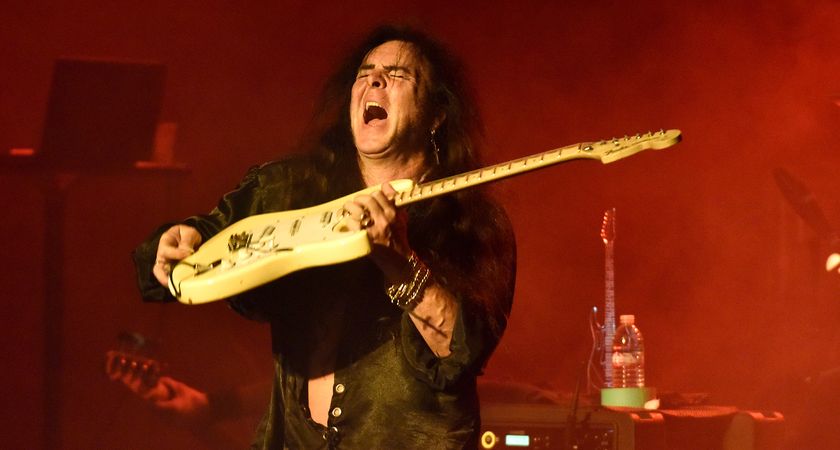
“Those arpeggios... That was the sickest thing I ever heard”: Yngwie Malmsteen on why guitarists should take inspiration from players of other instruments if they want to develop their own style
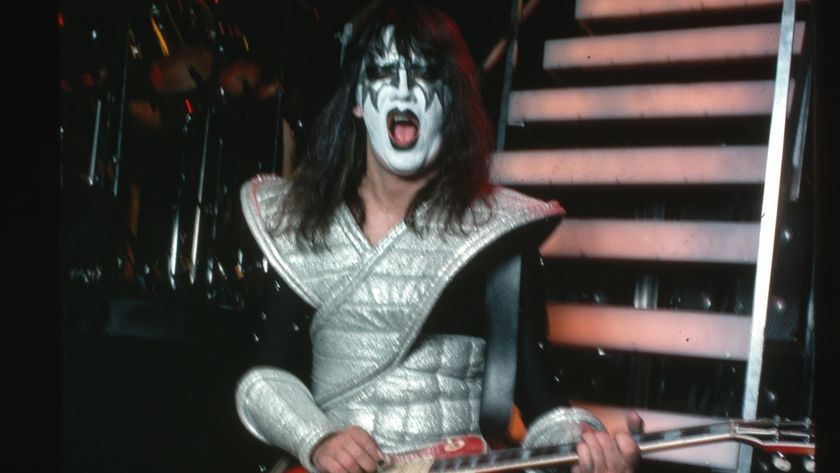
“I used a flange on the main riff and a wah-wah on the solo. I just said, ‘Hit the record button and I’ll let it rip!’”: Kiss legend Ace Frehley on his greatest cult classic song
